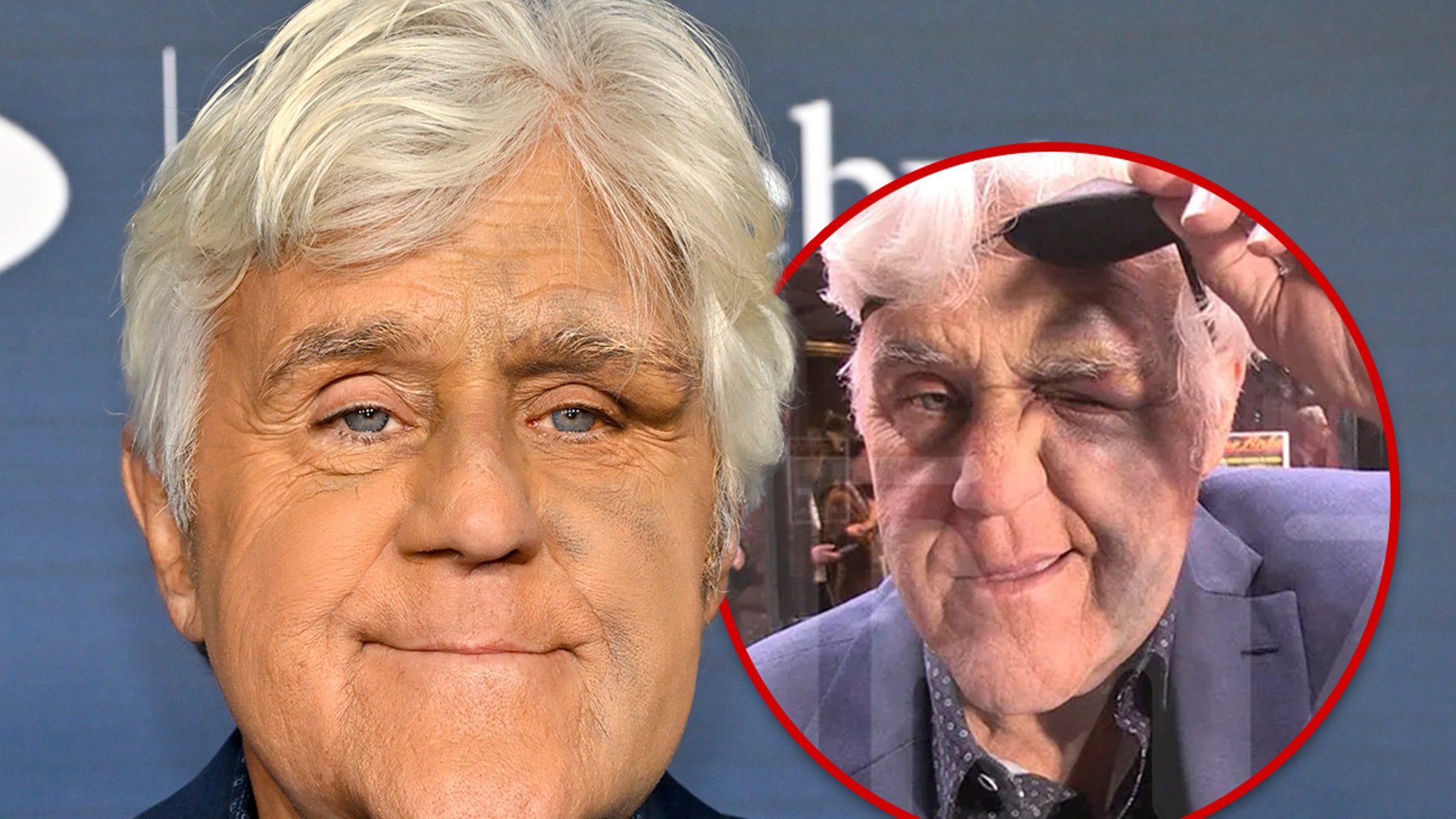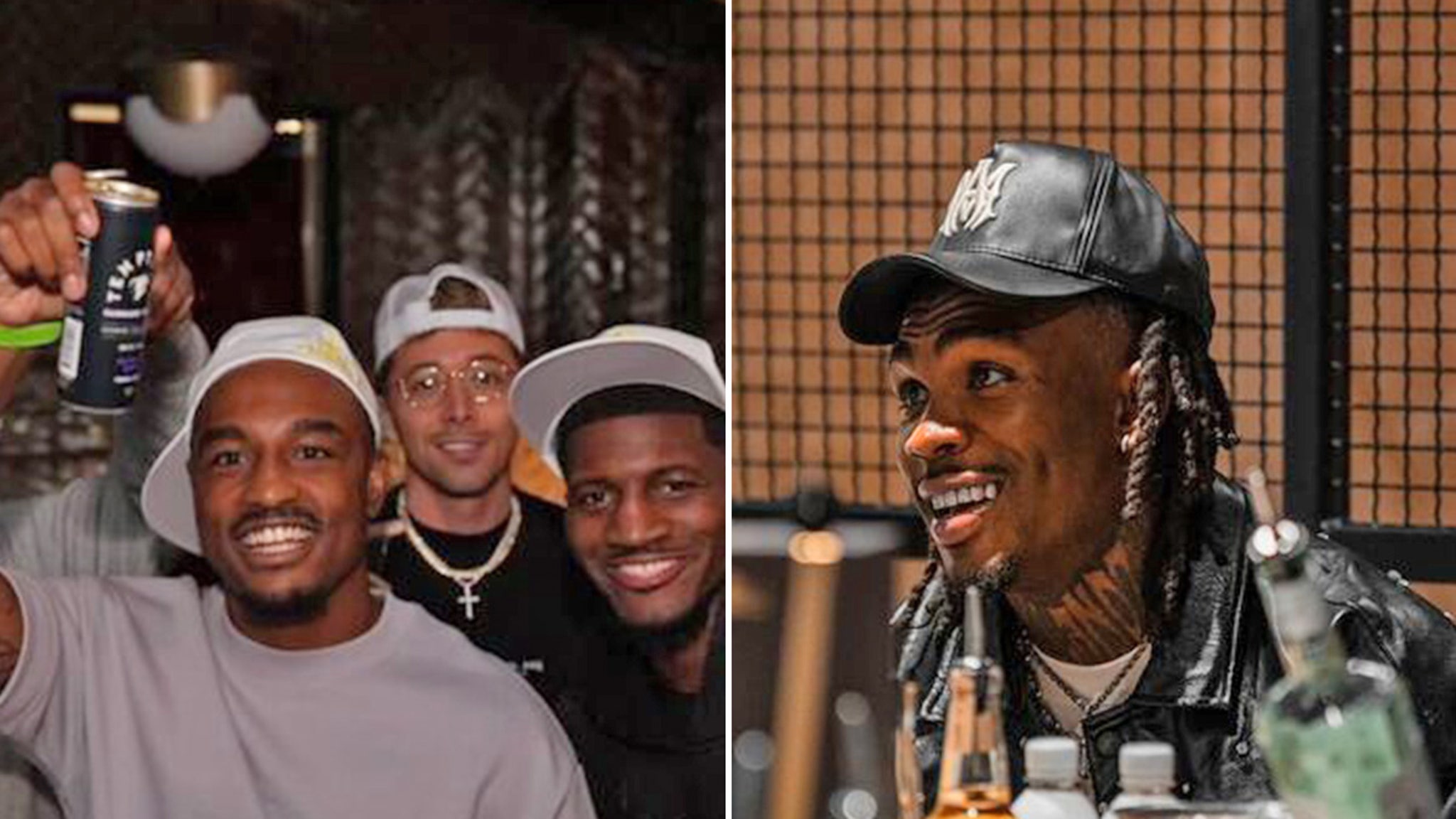Entertainment
Will Ferrell ‘Wouldn’t Choose’ to Dress in Drag Just for Laughs Today

Will Ferrell has self-imposed rules when it comes to the kinds of comedy he will perform — and that includes not using drag just for laughs.
The actor, 57, notably dressed in drag to portray former U.S. Attorney General Janet Reno on Saturday Night Live in the late 1990s. In an interview with The New York Times published on Saturday, September 7, Ferrell clarified that playing a character in drag for the sake of a punchline is something he “wouldn’t choose to do now.”
His close friend, former SNL head writer Harper Steele, agreed that having drag be the butt of a joke is “absolutely not funny,” adding, “It’s absolutely a way that we should be able to live in the world.”
While Steele thinks actors should feel a “sense of play” with their comedy, it should not come at the expense of the LGBTQIA+ community. “This is an interesting question to me. Do queer people like The Birdcage, or do they not? Robin Williams, at least as far as we know, was not a gay man, and yet he spent about half of his comedy career doing a swishy gay guy on camera. Do people think that’s funny, or is it just hurtful?” she questioned. “I’ve heard from gay men that it was funny, and I’ve heard from gay men that it was hurtful. I am purple-haired woke, but I wonder if sometimes we take away the joy of playing when we take away some of the range that performers, especially comedy performers, can do.”
The two friends star together in the new Netflix documentary Will & Harper. The film, which premieres on September 27, follows the pair as they take a road trip across the U.S. and discuss how Steele coming out as transgender impacted their relationship.
Just as Ferrell regrets his past drag performances, Steele told the outlet that she regrets “a good third” of the comedy she’s written over the years. “There were a few times even while seeing the sketch mounted, I would go, ‘Ugh,’” she stated. “I think that is a fear-based thing where you feel like you’ve got to please an audience or you’re losing your job, and you make a decision that is not — I probably felt a lot of fear, impostor syndrome. I might have overstepped bounds.”
When asked about Ferrell’s Reno sketches, Steele added that she “wouldn’t” write a sketch like that again. “I don’t think it’s right. I have always thought punching down was wrong,” she explained. “What I have been discovering, like most of us, is that we were punching down sometimes when we didn’t think we were.”
Through her and Ferrell’s new movie, Steele said she wants to help the “process of normalizing queer people in America,” noting, “It makes the trans experience more understandable. It’s in a comedy language that they know from Will and me. It’s a good project. It’s representation in a good way.”
She continued: “However, to be honest, I’m not that interested in normalizing for people who have hated me for centuries. I want the movie to make other people be gentler and softer and caring, and maybe if you’re a father who loved Anchorman and you’ve got a trans kid now, maybe you’re going to open yourself up.”
Ferrell, for his part, said it’s all about people being “willing to sit down and have a conversation” about the trans community.





















